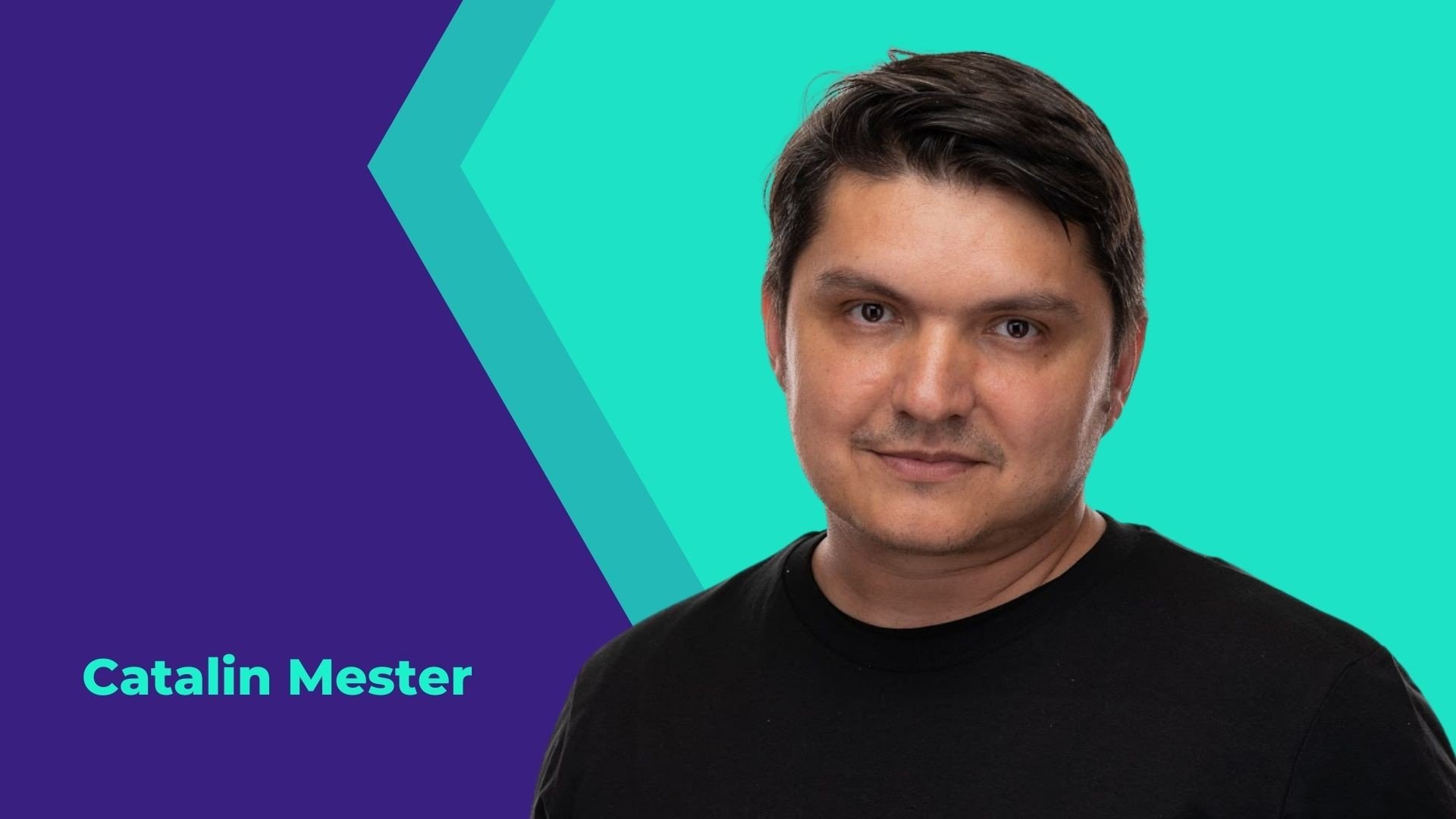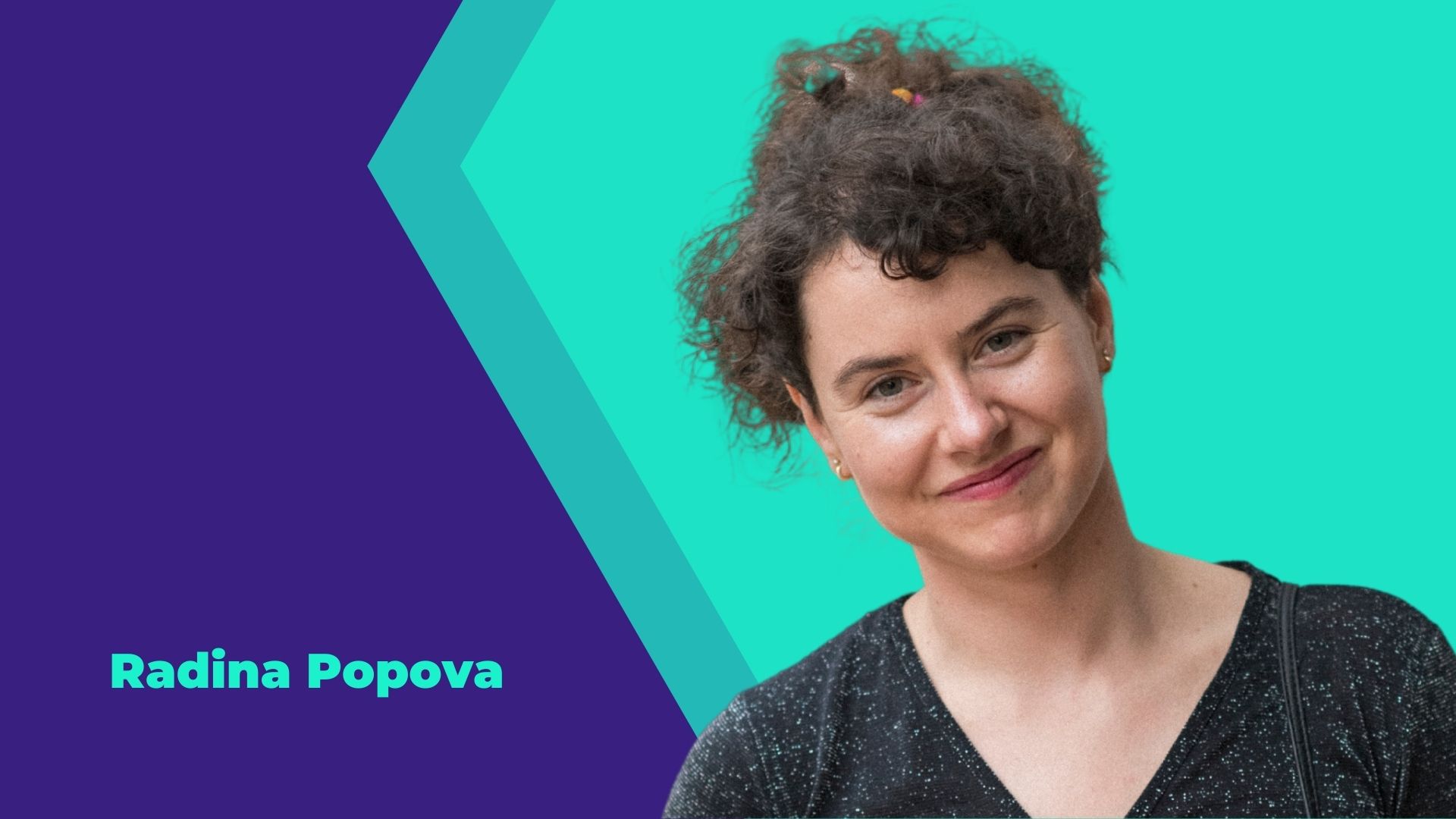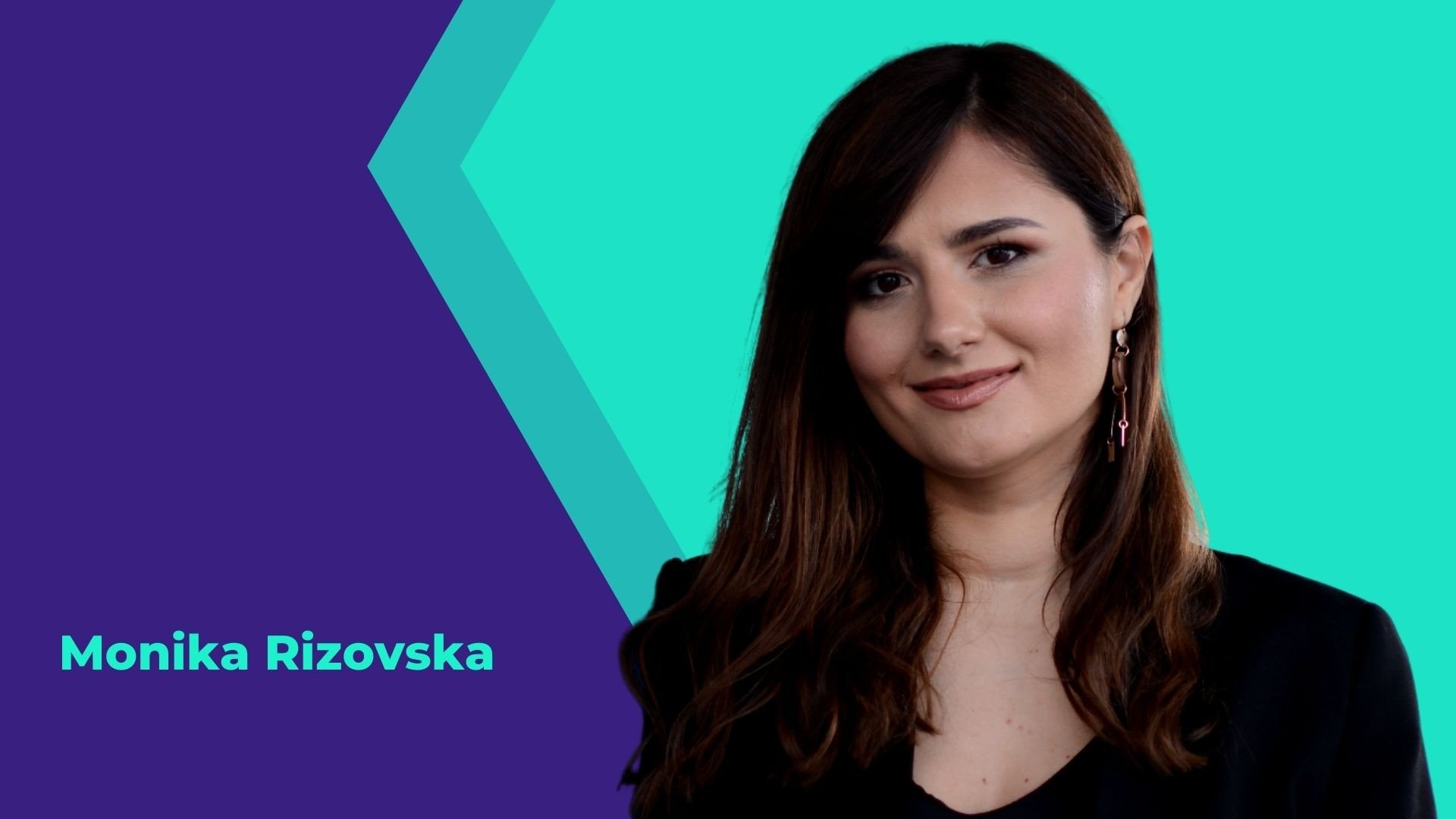Obstacles present an amazing occasion to evaluate yourself and grow, not only what you are building. It pushes you out of your comfort zone, otherwise, you wouldn’t evolve.
Who has epiphanies while going on holiday with a cocktail in their hands, right? It’s when you are down in the trenches that inspiration strikes.
We rounded up a guide with tech startup founders’ failure lessons in 2022 to get you inspired to not fear challenges as we embark on the 2023 journey. All aboard?
#1 The long road to having money in the bank

Jane Dimitrova, the co-founder of Bulgarian Foodobox and a young women in tech leader, a mobile app that aims to fight food waste, says that although she was aware fundraising takes time, she wasn’t prepared for more than six months from the hand-shake to receiving the funds in the bank to keep the project afloat, and the 10+ members team together.
As many “yes’s” turned out to be “no’s”, because of the neighboring war, Jane and her co-founder, who are amateur actors, dived into their hobby and practicing sports to clear their minds. Having people that valued their project was also a big mental encouragement to push forward.
“Nothing is sure until you have the money in the bank,” is the main lesson she is taking. And they are fundraising again to scale their solution in Romania.
#2 Get your risk assessments right

From North Macedonia, Dime Galapchev, founder of fintech FinqUP, which is developing a mobile app to automate investing, shares that being too confident without preparing for a plan B was his biggest challenge this year. Due to the economic downturn, the team faced setbacks when it comes to runway and recruiting, which in turn pushed the launch date by five months.
While he says one “must not let failures touch you deeply, just focus on solving the problem in front of you,” he also shares his main lesson, which is to “put war and global pandemic in your risk assessments”.
#3 It takes a team to grow

Serbian Sandra Idjoski, co-founder of Collabwriting, a tech startup aiming to make online research and team collaboration easier through a tool that facilitates data sharing, says her biggest challenge this year was letting go of control. Micromanaging teams stifles creativity and innovation.
“My biggest takeaway for this year comes down to the fact that startups are led by the founder, but built and made a success by teams,” she reveals.
#4 Don’t get stuck in victim mode

Romanian Catalin Mester, currently organizing the “I Love Failure” series of events, shares that the biggest challenge of 2022 was stepping down as CEO of Voxa, the audiobook mobile app. Although used to failures, he says this one was unexpected because the tech startup was growing.
What helped him move forward was to get back on the creative horse again, because “the more time you stay in the past in a victim mentality, the harder it is to get over it; using the hunger that comes with early-stage startups is the biggest asset you have,” he adds. He did assess some lessons learned, like making sure all partners and investors are on the same page or, at least, developing a project where you are the majority partner.
#5 The leap of faith from product to mass production

Bulgarian Radina Popova, a co-founder of DiFOLD, the origami bottle that collapses so it can join you wherever you go, shares that the biggest challenge for the team was mass production. This year, they released 6.500 units of the sustainable bottle after two hard years marked by the pandemic.
But she is a stoic person, who craves challenges, and enjoys free time activities like rock climbing, mountain biking, and skiing while waiting on those emails to move their product forward. And it was hard for her to pinpoint just one lesson, because they learned a great deal about working with factories, how to source both materials and partners, and how to plan for the unexpected and optimize processes and costs, to name a few.
#6 Practice open communication

Monika Rizovska, the North Macedonian co-founder of Ways2Help, an NGO that connects organizations and individuals with people in need, tells me that her biggest challenge this year was being there for her team while embarking on a personal journey as a mother.
She saw this phase as a leadership failure, missing a team member’s burnout signs, but she moves forward with a big lesson, that people will not reach out if something is wrong if you don’t build a relationship with them before.
“Open discussion is the key to everything and for this to happen it needs to be exercised and shown as an example so it could become a habit within the organization. Nowadays, I tend to ask more instead of having assumptions,” she adds.
*The names are in alphabetical order.







